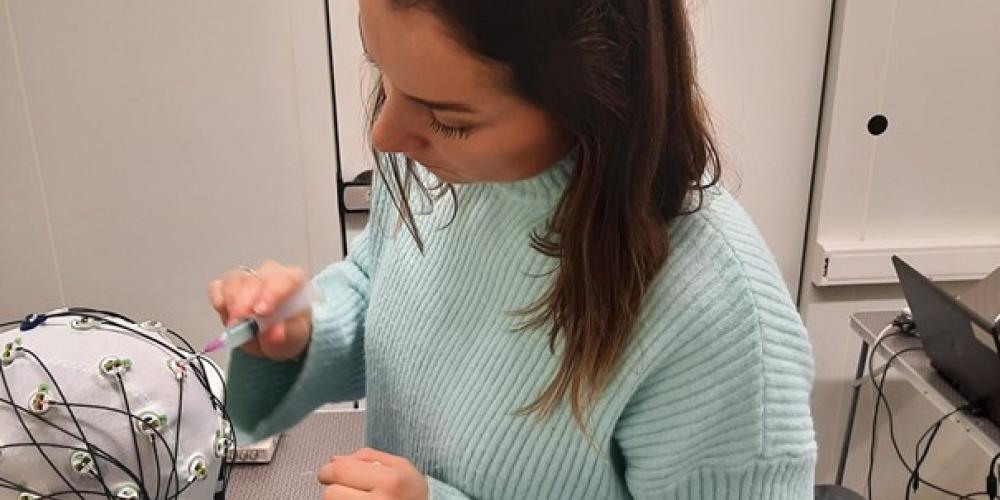
An ongoing study at the VUB is investigating what happens in our brain during and after various cognitive and physical tasks. Analysis of the results should show how cognitive and physical tasks affect our functioning. The researchers also want to gain greater insight into the different forms and consequences of fatigue. Based on this knowledge, they aim to combat, and where possible even avoid, fatigue.
In daily life, we face everyday tasks that impose mental and physical pressure. Stress and workload, both at work and at home, often play a major role. A general feeling of fatigue arises that we often do not know how to cope with. It is unclear how to combat this fatigue.
"We still don't know what happens in the brain during tasks that exhaust us, so we also don't know how to combat fatigue"- Drs Jelle Habay, PhD.
The Human Physiology and Sports Physiotherapy (MFYS) research group, affiliated with the Faculty of Physical Education and Physiotherapy, is investigating what happens in our brain during various cognitive and physical tasks in an ongoing study. Knowledge about what happens in our brain while performing tasks that typically lead to fatigue should allow us to gain more insight into the effects that are triggered and how we can avoid feeling completely exhausted at the end of the day.
The study is a collaboration between the Vrije Universiteit Brussel (VUB) and the Koninklijke Militaire School (KMS). The brain activity of 100 people will be tested during various cognitive and physical tasks. It is the first time that brain research has been conducted on such a large scale. The results will show how long cognitive and physical work affects our functioning. With the intention of writing out guidelines that can combat the effects of multiple types of fatigue.